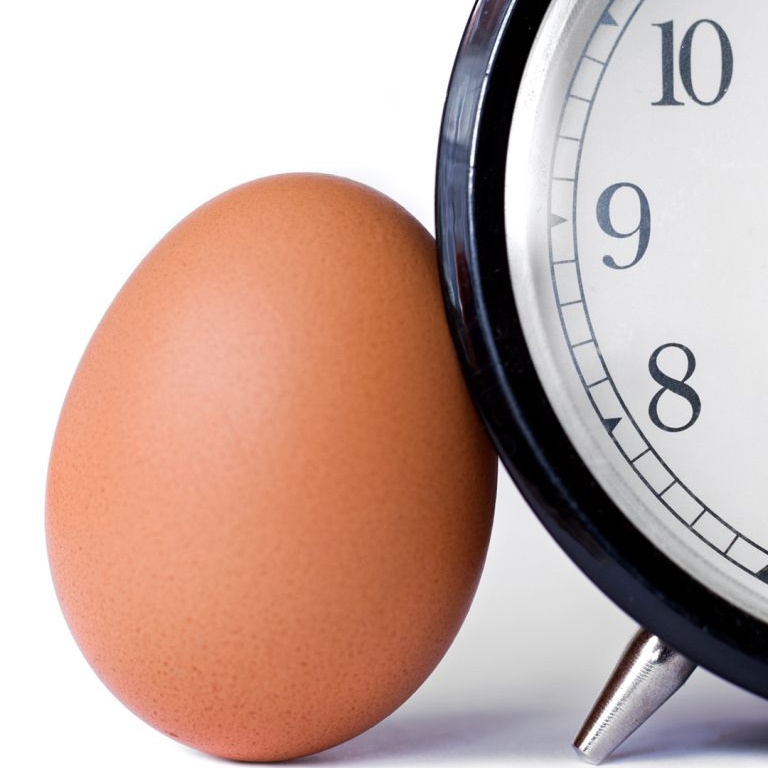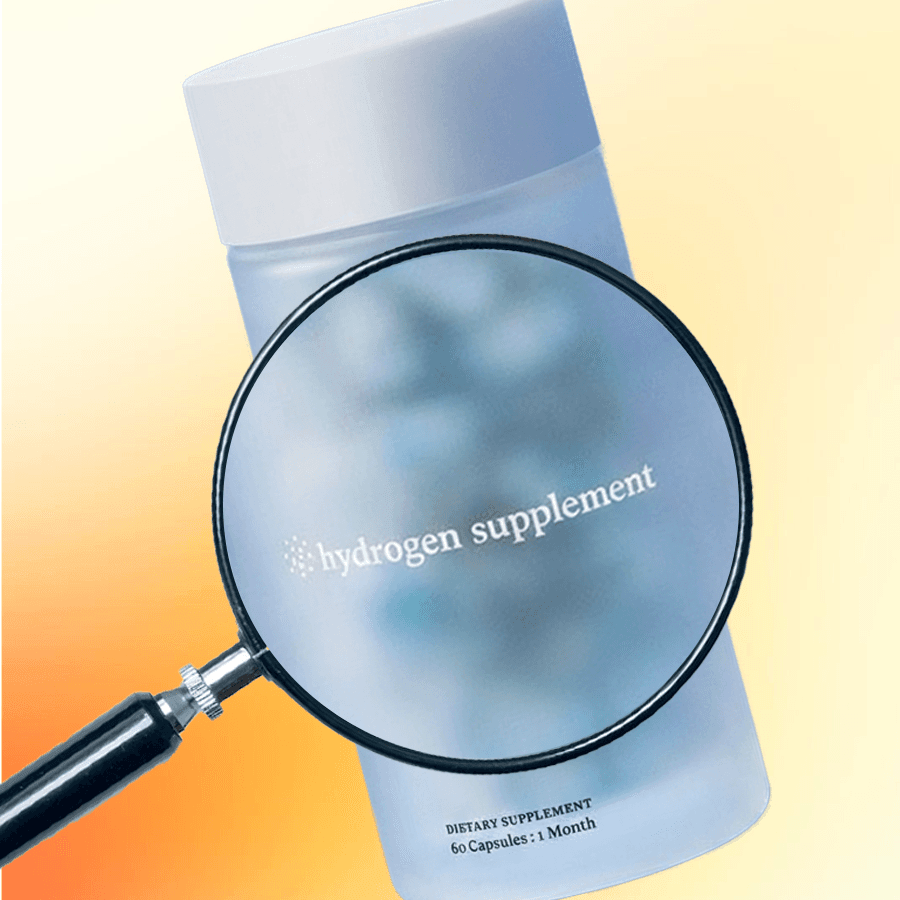So you’ve been hearing and reading a lot about intermittent fasting (IF) and how it has worked weight-loss wonders for so-and-so acquaintance or celebrity and you’ve been thinking of giving it a try. But here’s a crucial detail you may have missed—much of the research on fasting has predominantly focused on men. Even the recent study presented at an AHA (American Heart Association) conference, claiming that time-restricted eating within an eight-hour window is linked to a 91 per cent higher risk of cardiovascular death, involved just male participants. (For the record, this statistic is not an official statement from the association; it’s an abstract that needs further evaluation by experts. And doubts were raised about the validity of the claim as the study documented participants’ eating windows for just two days; their long-term eating patterns were not taken into account).
The fact is, women have long been under-represented in clinical trials and studies, despite the obvious biological differences between their bodies and men’s. Of the few studies that have included them and are relevant to IF was one in 2005 that investigated glucose tolerance across genders. It found that fasting could negatively affect glucose tolerance in non-obese women, contrasting with the experience of their male counterparts. There’s also a 2021 study titled Effects of Intermittent Fasting on the Circulating Levels and Circadian Rhythms of Hormones, which confirms that stress levels induced during IF can spike cortisol levels, potentially disrupting the OAT (Ovarian-Adrenal-Thyroid) axis. Excess cortisol can tank your progesterone levels, ultimately creating an imbalance between oestrogen and progesterone and contributing to oestrogen dominance in women. Hormones function hierarchically, with oestrogen and progesterone influenced by insulin, which, in turn, responds to cortisol, the stress hormone. If stress escalates during fasting and insulin resistance occurs, it can throw off the balance, ultimately disrupting the menstrual cycle.
The fact is, women have long been under-represented in clinical trials and studies, despite the obvious biological differences between their bodies and men’s.
In my clinical practice, I have seen women who do prolonged fasting for more than three months, or even worse, combine keto with IF, eventually facing mid-cycle spotting, stubborn weight issues, hair fall, anxiety, and mood disorders. This is not to say women shouldn’t fast. But instead of treating the male body as the gold standard, as medical research has historically done, women need to fast like women. We need to follow a female-centric perspective and sync it with our 28-day hormonal cycle for better health. Here’s a step-by-step guide to kickstarting your IF journey the right way.
Menstruation Phase (Day 1-5)
The beginning of your menstruation—when you bleed the most and your hormone levels are at their lowest—is the first day of your entire monthly cycle. From the second or third day, start with a 12-hour fasting period (limiting food intake to a specific window of time daily) as this approach aligns best with your natural circadian rhythm, allowing for an overnight break from digestion when metabolism tends to slow down. It gives your body the necessary rest and recovery needed during menstruation without the added stress that comes with fasting.
Follicular Phase (Day 6-13)
As oestrogen starts to rise during this phase, that’s your green light to push your fasting window a bit longer, up to around 15-18 hours. Your insulin sensitivity is prime, so your body can handle that extra fasting stress more easily. But be careful not to overdo it beyond 18 hours. Going too hard with a longer fast can mess with your insulin levels, which could then cause your oestrogen to dip. FYI, insulin resistance and high insulin levels are linked to metabolic disturbances and impaired glucose tolerance that can indirectly impact ovarian function and oestrogen production.
Ovulatory Phase (Day 14-18)
This is when oestrogen drops and your FSH (Follicle Stimulating Hormone), LH (Luteinising Hormone), and testosterone are at their peak, making your revved-up hormonal state an ideal time for fasting. You can fast up to 18 hours, but make sure you don’t eat less during your eating window. During starvation or extreme calorie restriction, the body reduces the production of certain hormones like thyroid and the growth hormone to conserve energy. This can indirectly disrupt the HPG (Hypothalamic-Pituitary-Gonadal) axis that regulates hormonal functions, leading to decreased levels of LH and FSH, which can suppress ovulation.
Having said that, this is your power phase—you can do a lazy keto, run your fastest, and hit all your personal bests. If you are new to fasting, consider ‘fat first’ as your first meal of the day to ensure that you have sustained energy.
Luteal Phase (Day 19-28)
During the first half of your luteal phase, it's best to keep your fasting between 8-12 hours. As progesterone starts to rise, depriving your body of food during this time can cause a spike in cortisol production. Fasting for longer periods than this leads to high cortisol, which can tank your progesterone levels. Think of it as a hormonal tug-of-war: if cortisol is pulling hard, progesterone gets dragged down. Additionally, progesterone is signalling to your body to stock up on glucose and carb resources to sustain itself and prepare for a potential pregnancy. During the late luteal phase, you can fast for up to eight hours, providing your body with the necessary nourishment and calories to sustain better energy and mood.
Of course, you should avoid this eating pattern if you are experiencing any major hormonal imbalances, such as oestrogen dominance or suffering from adenomyosis, anxiety disorders, or polycystic ovary syndrome (PCOS). And if you must, do it under medical supervision.
In essence, however, what was previously dismissed as a complication is really a core aspect of the female experience. Fasting as per your natural cycle can not only save you from grim side effects, but also help you honour your hormones and your body better.
Rashi Chowdhary is a leading nutritionist based in Dubai, specialising in gut health, diabetes, and hormone health
Model: Dhyany Vyas. Hair and make-up by Sonam Solanki. Produced by Imran Khatri Production. Art production: Priyanka Shah




